Hearing loss, or even full deafness, might seem like a minor disability in the grand scheme of things, but for those who can’t hear it changes their entire world. Especially if they’re born into it. The rest of us take hearing for granted, and never think about how much of what we do on an entirely normal and ordinary day involves the ability to hear. And it’s not just urban and very modern lifestyles that are affected; even rural people living rustic lives out among nature can have a dramatically reduced quality of life when they cannot hear.
Many tribal peoples, for example, teach hunting and fishing and other basic skills to survive or to contribute to the survival of their peoples with a reliance on the ability to hear. Hunters listen for animals, or their fellow hunters. Even fishers will listen for the sounds of water being displaced as the fish move through it.
Auditory surgeons are starting to respond to these kinds of needs, especially as they relate to tribal patients who are very often overlooked by modern medicine. In Alaska, for example, tribal populations are starting to receive healthcare support for hearing issues that will not just improve the quality of life of those who need the help; it could give them the ability to live and help their tribes go on living.
Key Points:
- 1Mobile telemedicine can revolutionize access to care for the hearing impaired.
- 2The progress and research being made in Alaska is not specific to those sites, as similar progress can be extended to sites worldwide.
- 3It has been estimated by entities such as the world health organization that up to half of all hearing loss cases worldwide can be prevented.

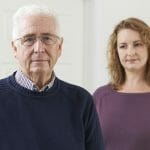
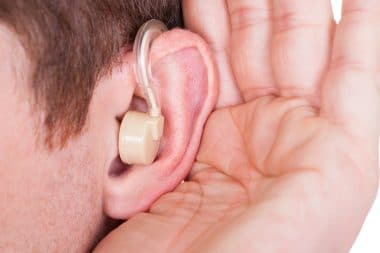

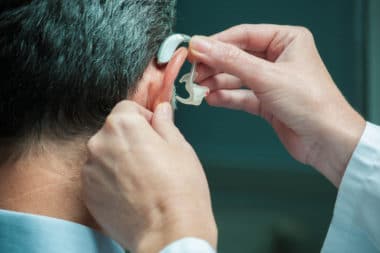
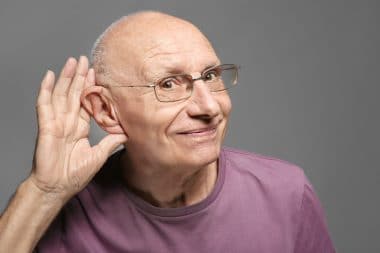
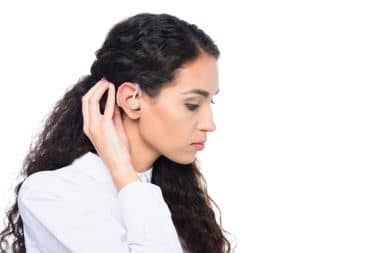

Reply